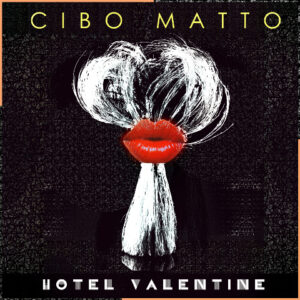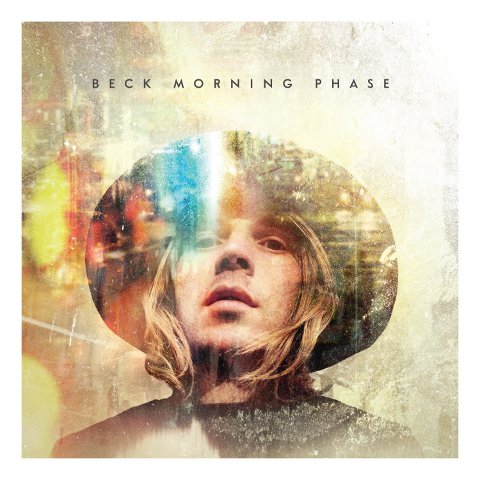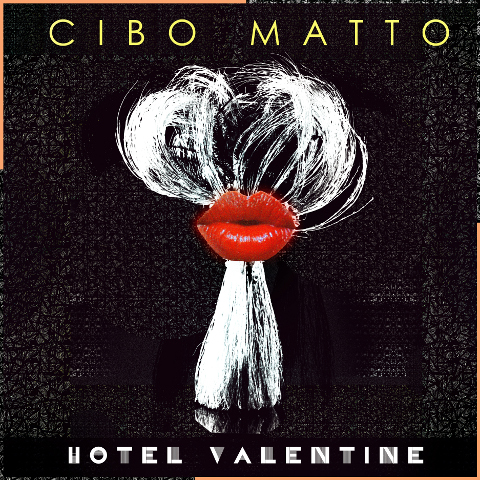If you’ve never listened to St. Vincent, don’t worry. This album is a calm, collected—and at times, rambunctious—pastiche of the work she’s put out before, though there’s a futuristic bent permeating the tracks at certain points (see “Huey Newton” and “Digital Witness”). But it’s not like that’s out of place or anything. What makes this album a step forward for Ms. Annie Clark is the complete whimsy she radiates by letting go and crafting rock and pop tracks that aren’t too ambitious or too simple. “I Prefer Your Love” exhibits this perfectly; its premise is a simple pop ballad, but Clark’s lyrics give it character and depth. It’s a truly captivating record, or maybe we’re all slaves to the progressive pop she’s laid bare for all to hear. If so, slavery never felt this good. (Mark Lopez)
Beck Morning Phase (Capitol Records)
When Beck announces a new album, a part of me always wonders which version of Beck we’re gonna get. Are we getting the funky, beat-tastic dude who gave us Odelay and Guero? Or are we getting the electronic weirdo who put out the fantastic The Information? The answer is neither. Instead, Beck’s going for the lovelorn sentiment he dissected on Sea Change, which makes sense considering Beck noted how the albums were companion pieces. Tracks like “Blackbird Chain” and “Morning” could easily have been outtakes from Sea Change. In this listener’s opinion, it’s about time he returned to his more atmospheric, heartfelt side. After Modern Guilt, I was kind of worried. But this release nicely represents his songwriting abilities and capacity to captivate. If you don’t believe me, just listen to “Turn Away.” (Mark Lopez)
Cibo Matto Hotel Valentine (Chimera Music)
Cibo Matto has mostly been about the deep space, genre-bending musical adventures of Miho Hatori and Yuka Honda. On occasion, Sean Lennon added some salt to the stew, but Lennon’s interest seems to be more geared toward solo projects and otherworldly one-offs with fellow freaks like the Flaming Lips. Cibo Matto, on the other hand, took an extended break from recording and then produced Hotel Valentine, an elusive, willowy, smoldering storm of music that evokes ghosts and flesh simultaneously. Much like the experience of life itself, the recording is as terrible as it is bountiful, surprising as it is uneventful, rending sex and death into musical vignettes that are at once quizzical and breathtaking. Lyrically and musically, the work alludes to the deep and not-so-deep ancestors of electronica and art-rock; this is a minor concession, though, given the universal nature of the duo’s subject matter. (August March)






